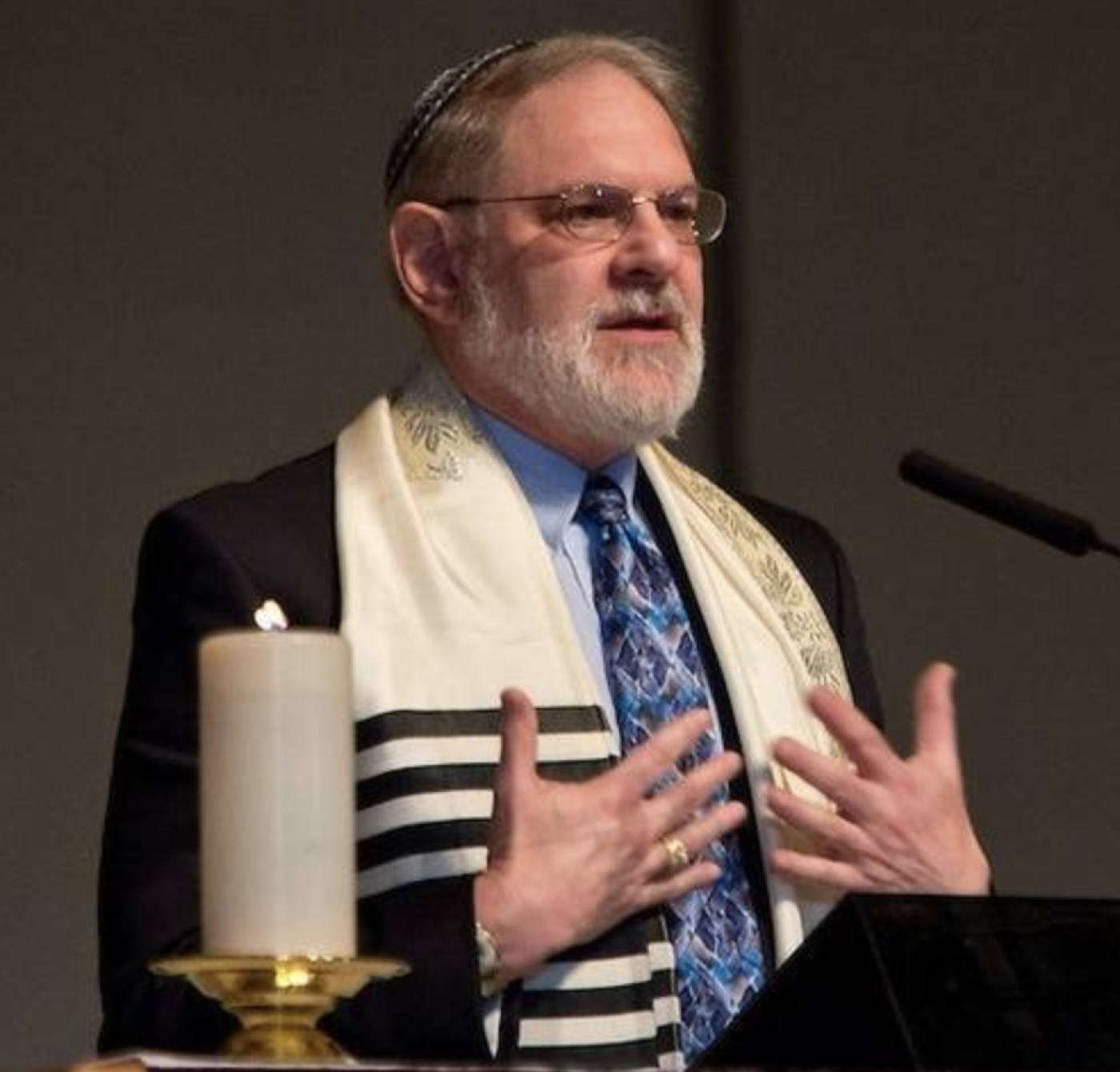So one of the things that attracted to me to temple Beth-El was that it had this history of being a merger between a reform and a conservative synagogue. Uh, so probably a little more traditional than many reform synagogues where I came from in Salinas. It wasn't a merger, but it was sort of like it had merged because there was a traditional element and a more, uh, reform element. In fact, there we, uh, used a conservative prayer book on the High Holy Days and a reform prayer book for Shabbat during the year. That was the compromise they had agreed on when they had actually officially become part of the reform movement. Uh, that wasn't exactly the case here in Tacoma, where we always used a, uh, reform prayer book, uh, for both Shabbat and the High Holy Days. Although when I first came here, we did use a conservative prayer book on the second day of Rosh Hashanah. Uh, so I like that. Uh, it was, uh, that type of a diverse community. And, uh, you know, there were, uh, members who appreciated, uh, tradition. Uh, also, uh, the other thing was that it was a very open, welcoming community to people who, uh, wanted to be part of it, uh, to, uh, interfaith couples, uh, to more recently, um, Jews on the LGBTQ plus spectrum. Uh, and, um, it has always, uh, opened its doors and understood that we need to be accepting to those who who want to be part of our, our community. Uh, you know, I knew a lot about its history. I had met Rabbi Rosenthal at a conference many years ago. Didn't know him that well, but knew him by reputation, uh, and felt that, uh, a congregation that he had served for so long, uh, must have something significantly going for it. Uh, and I think, you know, he had left a strong impression here, you know, on the people and on the community. Uh, not just in terms of the synagogue itself, but his role in the greater Tacoma community. Uh, for example, teaching at Pacific Lutheran University, where I, uh, taught, uh, most of the time when I was a rabbi and continued to teach even in retirement, uh, in participating in many interfaith, uh, endeavors in the community, um, you know, and been able to continue that. Uh, and that's also something that the community greatly appreciates. They want its leaders to be active in the community and to, uh, take apart, uh, take part in, uh, various efforts, uh, within the greater Tacoma community, uh, so that, uh, you know, people know about, uh, the synagogue, Agog. And it's true of the members. We've had members who've served on the city council, on various other, uh, civic endeavors, uh, and on, of course, many nonprofit boards in the community. Uh, so, um, you know, so just, you know, impressed with that and following their, uh, lead and, uh, trying to do that, uh, while I served as the rabbi of Temple Beth El.
